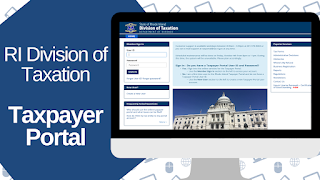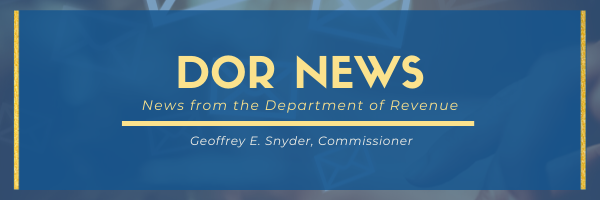As of October 30, 2021, the
IRS had a backlog of over 2.7 million unprocessed amended returns (National
Taxpayer Advocate Blog 11/10/2021).
Apparently, the IRS has said that the processing time for these returns
is 20 weeks from the time when they reach the surface. The taxpayer advocate’s office estimates that
the actual processing time is “considerably longer than 20 weeks.” This considerably longer time period mirrors
your editor’s personal experience with client amended returns.William Delaney, EA
Westwood, MA
Help is not on the way. The National Taxpayer Advocate announced, in
its’ Nov. 10, 2021 Blog, that it will no longer accept cases “…where the sole
issue involves the processing of amended returns until the IRS is able to work
through its backlog.” We are, however,
referred to the Where’s My Amended Return
tool available on the IRS website.
This will, we are assured, “…provide the status of amended returns…”
The Practitioner Priority
Service (866-860-4259) is available for questions such as: “providing general
procedural guidance and timeframes.”
Your editor recently called the PPS (phoned very late in the day and got
through in 4 minutes) to ask about a long-delayed amended return (large refund
claim). The very nice Service
representative was able to tell me that the return had been received (already
knew that from the IRS tool); the return had not been processed (already knew
that from the IRS tool); her only advice was to wait until it had been processed,
although she did not know when that would be.
So, I knew nothing more than I knew before making the call.
In a recent appearance before
a congressional committee, IRS Commissioner Charles Rettig commented that PPS
and other IRS representatives should not be contacted and asked the status of
refund returns because they can only see what the taxpayer can see; they cannot
provide any additional information. This
dovetails with your editor’s personal experience (as described above).
Another “tool” experience is
also worth noting. The message on the
tool was that the taxpayer should call a specified number because the IRS
needed information of some kind.
Repeated calls were unsuccessful (why are you not surprised) and your
editor was treated to “courtesy disconnects.”
So, thought I, call PPS, which I did.
The PPS representative could see what I could see, but there was nothing
else to tell her anything about the issue, and the employee who posted the
message was not there, so this was all she could do for me. Actually, she did do more. She posted a note asking the IRS employee to
phone me directly (have not heard from him---again, why are you not
surprised). Later, it occurred to me
that of course the employee was not there---I had called PPS after the normal
work day. Had I called PPS during the
normal work day I would not have been able to get through (which I already knew
as a result of the courtesy disconnects), so your ever humble editor was caught
between the devil and the deep blue sea.
No way to respond to the IRS or solve the problem for the taxpayer!
If the National Taxpayer
Advocate has backed off, and the Practitioner Priority Service can only do what
we have already done prior to calling, where does one go; to whom does one
turn? Our advice is to read and retain
our recently published blog article on amended returns, so that you will be
informed if an amended return eventually surfaces and is rejected or returned
for late filing or similar nonsensical reason.
Members of Congress recently
wrote a CYA letter to the IRS Commissioner demanding answers as to why the IRS
is so far behind and unable to provide good taxpayer service. NATP recently published commentary and a link
to the letter. This is coming from the
same Congress which has repeatedly cut the annual IRS budget, thereby directing
the IRS to do more with less. Be careful
(Members of Congress) what you wish for; you may just get it!

















